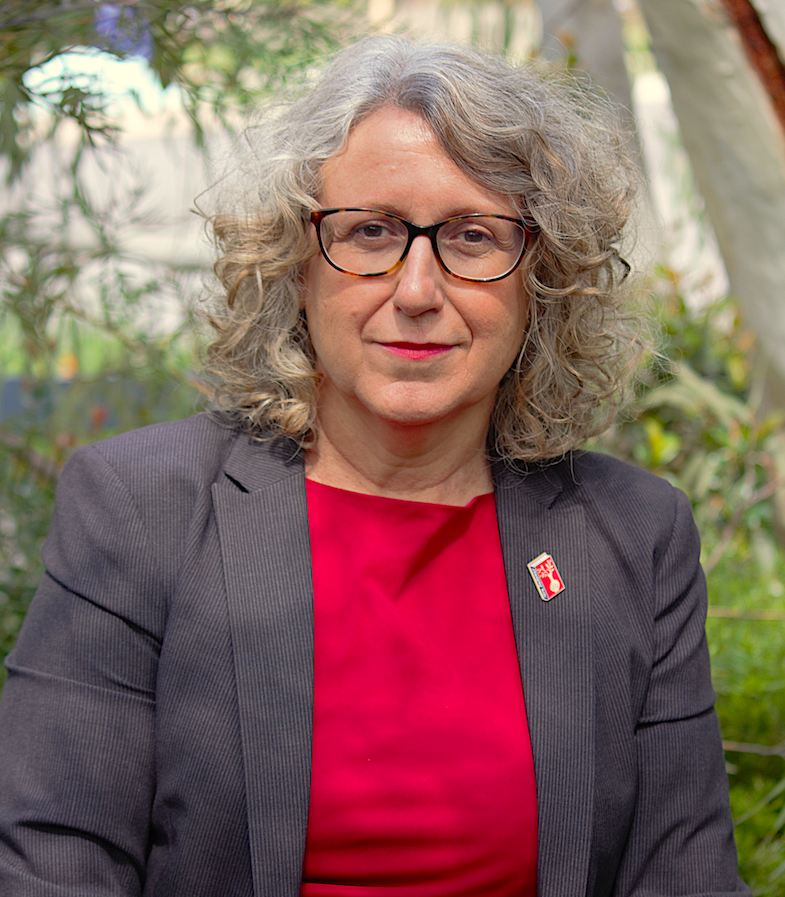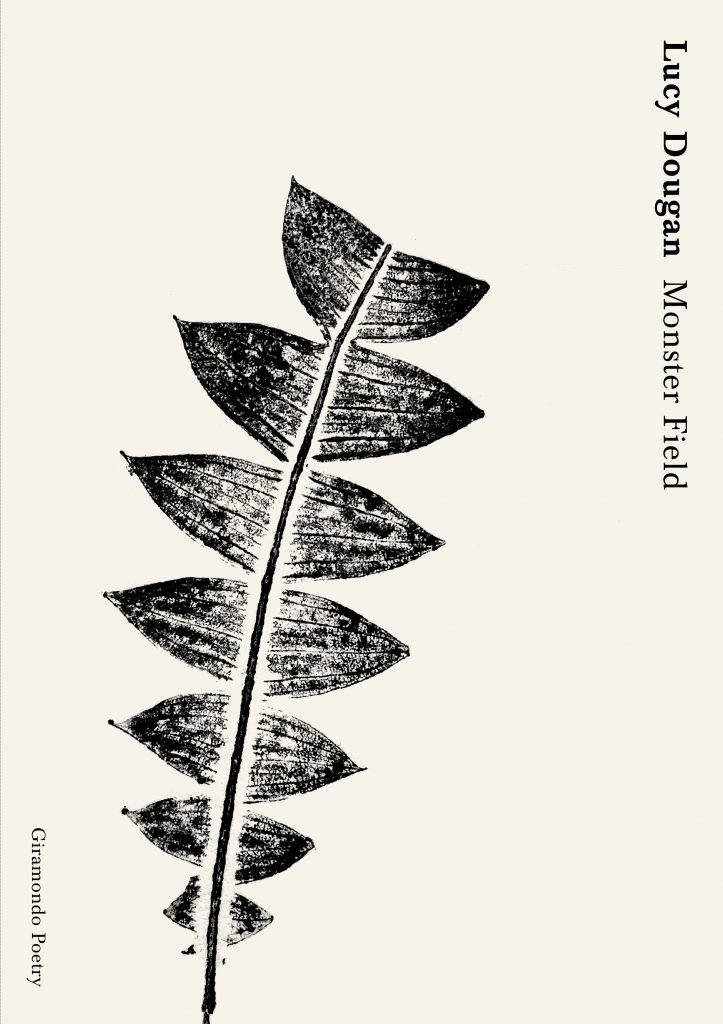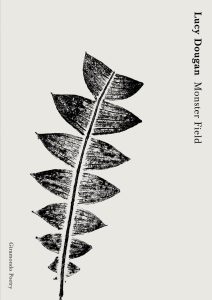Lucy Dougan: a note on Monster Field
The award-winning Western Australian poet Lucy Dougan reflects on Monster Field (November 2022), her fourth collection following The Guardians, winner of the 2016 West Australian Premier’s Poetry Award.
The landscapes I have in mind are not part of the unseen world in a psychic sense, nor are they part of the Unconscious. They belong to the world that lies, visibly, about us. They are unseen merely because they are not perceived. — Paul Nash
My title is borrowed from the artist Paul Nash, who chanced on a field full of ancient, decaying felled trees that seemed to him imbued with an unusual spirit. Nash was never sure that he could locate that field again and whilst driving he would, as he described it, let things slide by his eyes, hoping he might be lucky enough to find the spot again. The search became a charged activity for him and the inspiration for much of his work, especially a series of landscape photographs. He called this elusive place Monster Field.
I wanted to write through the implications of the term ‘monster field’. The word ‘monster’ is derived from the Latin monstrare, from which the poetically apt process of demonstrating, or showing, is etymologically derived. A poem, like a monster, is a ‘showing’: the spectral bougainvillea flowers at the end of ‘The Brazier’ and the abandoned vanity seat in ‘The Throne’. It is also connected to the ordinary spaces, re-encountered daily, which are important to my practice. I think it is a common experience, a kind of haunting in a way, the sense that you are close to something that is significant but that nevertheless eludes you. Slippages could be a good word to describe it. It’s the intersection between the absolutely ordinary and the occult. These two things lie close together, and Nash knew that.
Explorations of the hidden and the lost have been a preoccupation for me. Touchstones and influences have been as diverse as the sculptures of Rachel Whiteread, the writings of John Berger, and the films of Roberto Rossellini. I also want the title of this collection to reverberate in different ways throughout the book. Whilst it marshals an aesthetic concern and approach that attempts to see and articulate a part of the visible world that is not always or not fully or adequately ‘perceived’, I also want its potential meanings to be sounded against the sense of disorientation I feel at mid-life.
It has taken me a while to realise that there are connections between this body of work and my being a cancer survivor. Even though that is perhaps more visible in other work, I think that survivorship is there in a low-key way in Monster Field. It’s a book about survival at mid-life – about losing parents, gaining grandchildren, and change of life. And it’s a book about the ways in which mysterious connections are enlivening. When I went to work in the Tate archive on Nash’s papers in 2007 I had just recovered and was well enough to travel independently. It was a real return to the world, so there is a strong connection for me between looking for the elusive place or thing, the monster field, and feeling alive.
— Lucy Dougan



